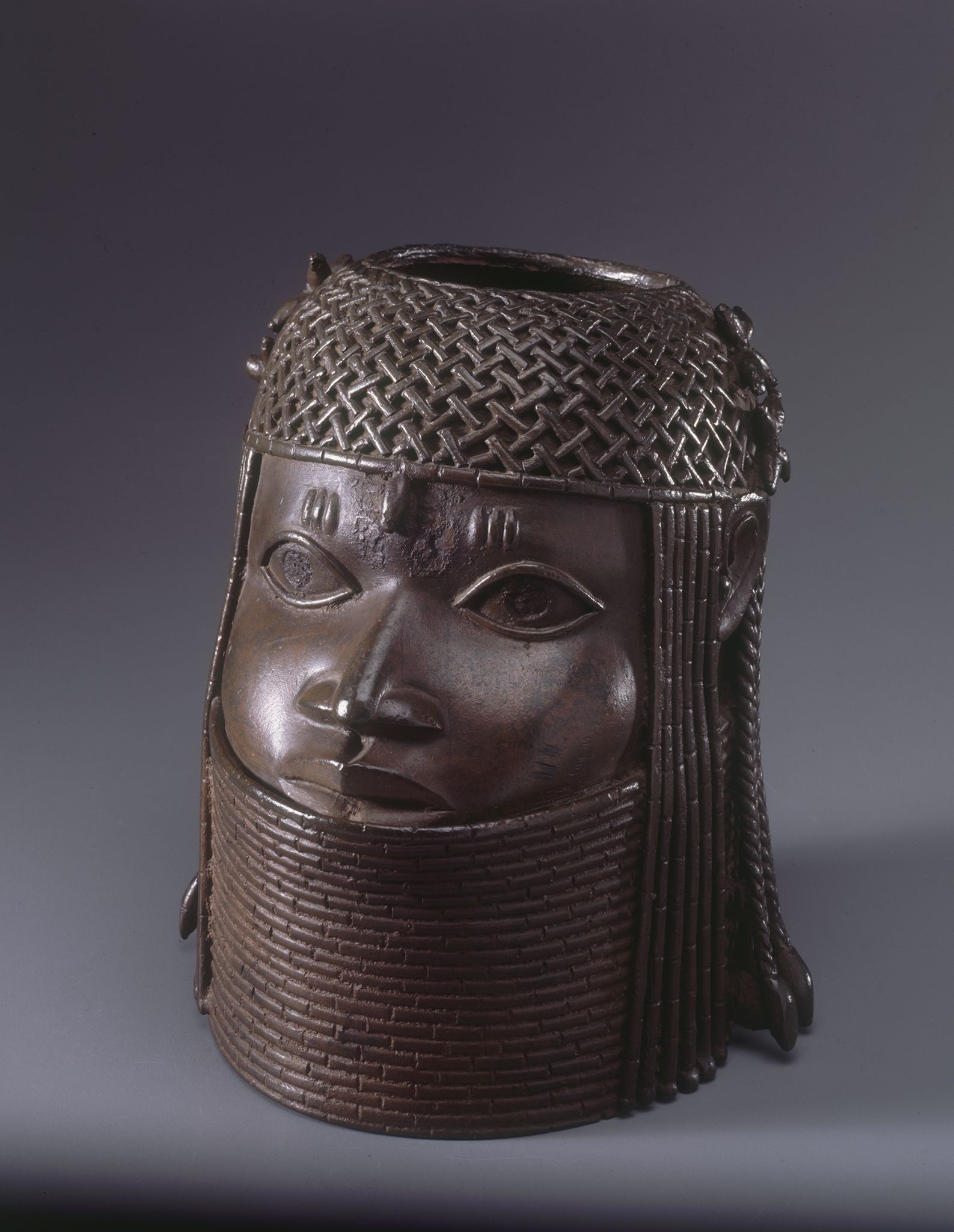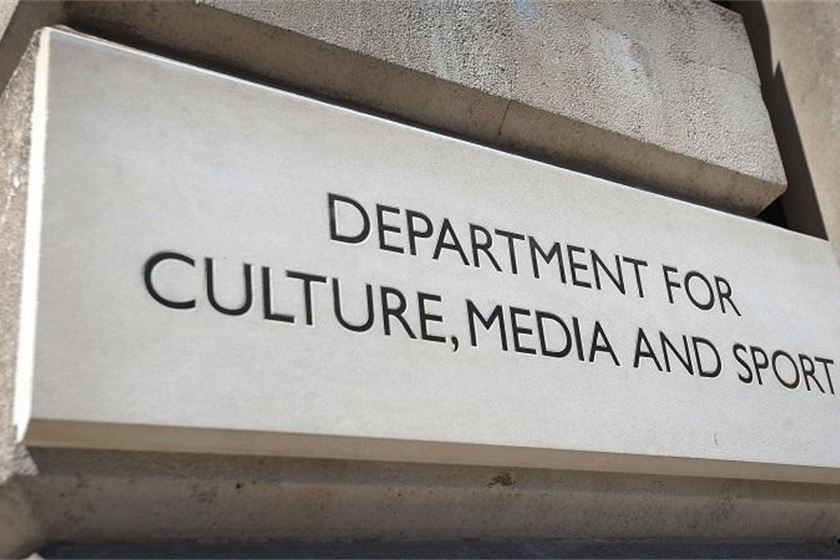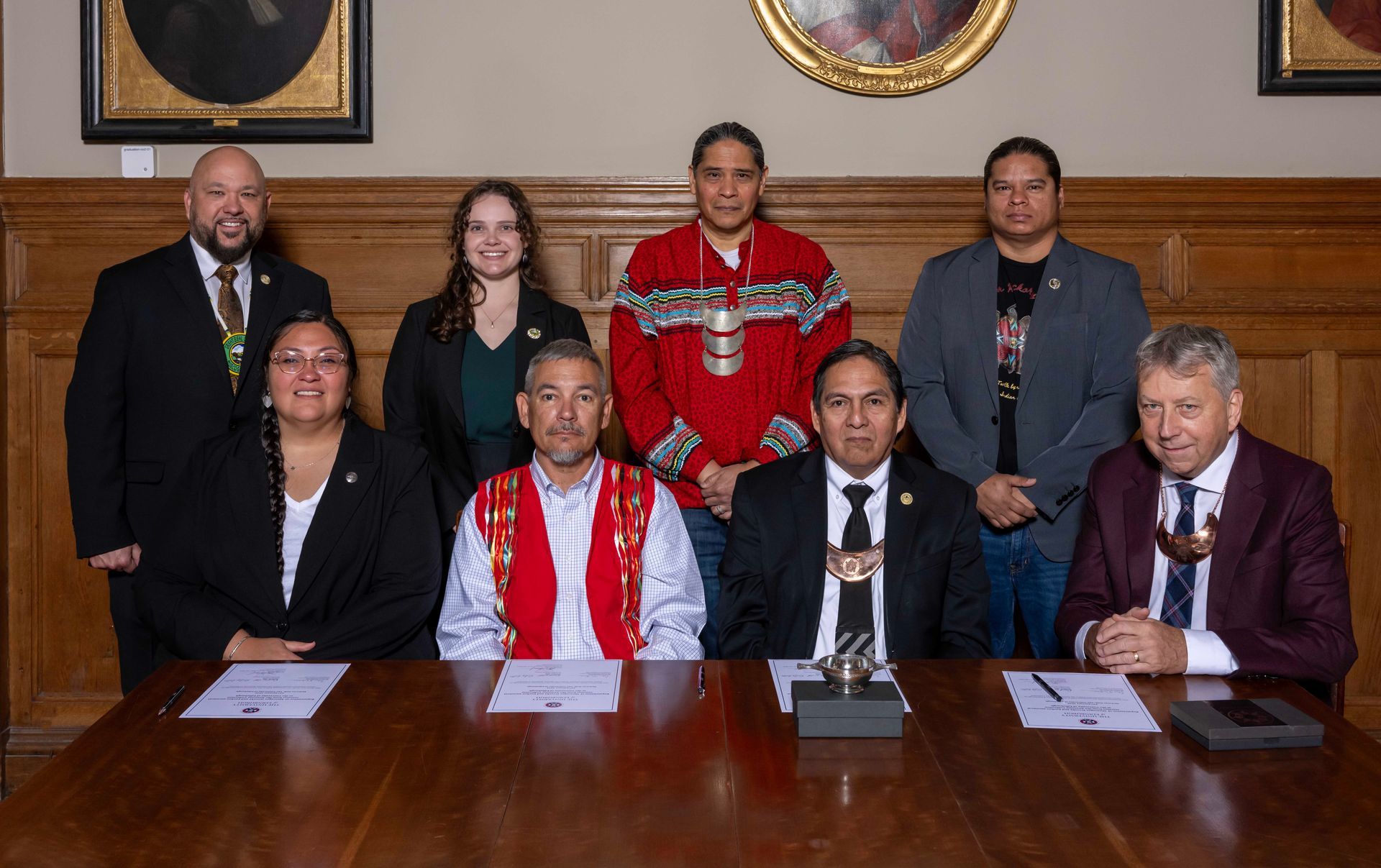Cultural Restitution
SHARE ARTICLE
After a petulant Rishi Sunak cancelled a meeting with Prime Minister Kyriakos Mitsotakis, potentially souring relations with an important European neighbour, we ask whether Prime Minister Sunak might have overlooked an important concession by Greece to resolve the Parthenon Marbles dispute.
Not for the first time, political grandstanding has frustrated another attempt at resolving this long-running dispute. Ever since the 1980s when Greece made its first claim to recover the sculptures, removed from the Parthenon and ending up at the British Museum in London, both sides have been unwavering in claiming their right to legal ownership. But interviewed last weekend on BBC’s Sunday with Laura Kuenssberg, Mitsotakis began veering off the usual script.
It wasn’t Mitsotakis who raised the Parthenon issue, neither was it Kuenssberg’s primary line of questioning. That was focussed on the Greek approach to immigration. However, with time allocated for a broader discussion, surely it was inevitable that Kuenssberg would raise the status of the Marbles. Perhaps less inevitable was Mitsotakis’s response.
“This is not in my mind an ownership question,” he said. “This is a reunification argument. Where can you best appreciate what is essentially one monument?”
Forget his colourful analogy to cutting the Mona Lisa in half. Could this indicate a shift in strategy by the Greek Prime Minister who was indicating that Greece, finally, might be prepared to put the legal ownership of the Marbles to one side?
In light of the mega political drama that followed, including Sunak’s rebuff and Mitsotakis’ early exit from the UK, we can’t be certain. However, if this was the Greek Prime Minister’s intention, he was leaving space for the two institutions with direct responsibility for the Marbles - the British Museum and the Acropolis Museum in Athens - to negotiate a loan or sharing arrangement of the kind hinted in discussions for a new Parthenon Partnership.
All those who follow the Marbles dispute will know that negotiating a loan arrangement is entirely feasible under the British Museum’s existing governing Act. Conservative tub-thumpers shouldn’t get exercised if the Museum’s trustees decide to conform with this Act – unless, that is, they choose to continue politicising what should be a decision left to trustees.
Labour have already said they won’t stand in the way of a loan deal that is mutually acceptable to the British Museum and the Greek government.
Which is why Mitsotakis’ prioritisation of reunification ahead of ownership in his BBC interview may not be incidental. With legal opinion on ownership deadlocked, possibly insoluble, the strongest case for displaying the British Museum’s collection of Marbles in Athens rests on the virtues of reunification. British public opinion, now in favour of returning the Marbles, supports this case.
In his new book covering possible areas for resolving the Marbles dispute (The Parthenon Marbles Dispute), Alexander Herman draws attention to the fact both Great Britain and Greece are signatories to UNESCO’s 1972 World Heritage Convention. This requires both countries to co-operate and conform with their universal responsibilities to identify, protect and conserve the unity and integrity of monuments on the World Heritage List. The Acropolis has been on this List since 1987. Clearly to date, Great Britain has felt its obligations under this Convention do not apply to the reunification of the Parthenon sculptures. Nor its obligations as a signatory to other international charters that exist to ensure the same protection to listed archaeological and historical monuments.
Responding to a question without fear the British Prime Minister would exorcise him from key geopolitical discussions, Mitsotakis may have been granting his concession on ownership, while reminding the British government that reunification is consistent with their responsibilities as a signatory to the World Heritage Convention.



